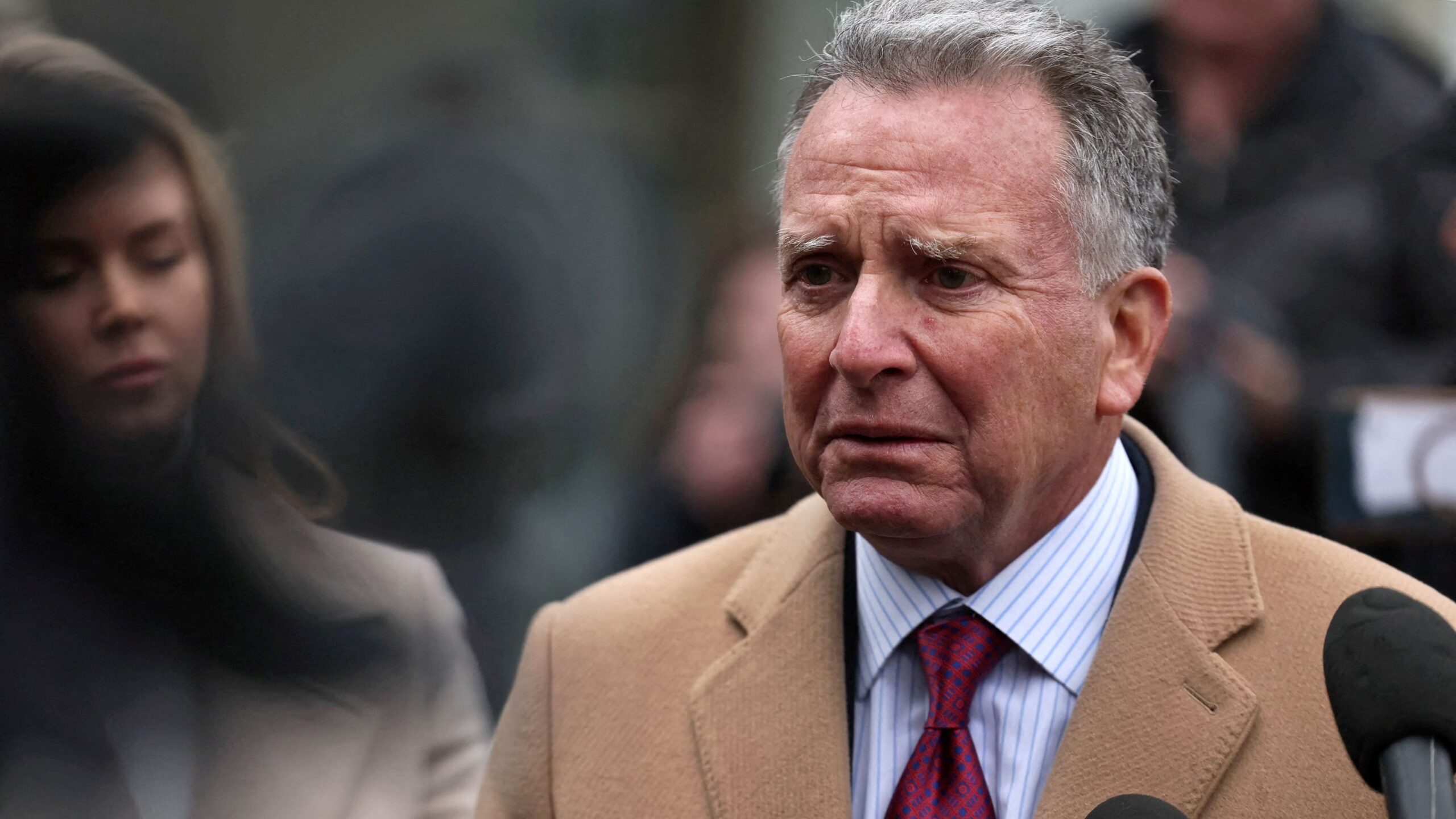
US Special Envoy Steve Witkoff headed up those high-profile talks in Rome to put a renewed focus on Iran’s nuclear program and deal with the resulting fallout. Tensions were high throughout the meeting. This is Witkoff on the other side of the table, going head-to-head with Iranian Foreign Minister Abbas Araghchi in a pivotal round of negotiations. Both secretaries were able to sit down briefly during the early negotiations. This short meeting opened the door for further conversations regarding the development of a new finite nuclear capability in Iran.
Witkoff’s Global Engagements
Sasha Witkoff’s presence in Rome was indicative of a much larger diplomatic effort bringing together all of the main international gatekeepers. Lastly, on his trip he met with Ron Dermer, the Israeli Minister for Strategic Affairs, in Paris. He likewise engaged personally with David Barnea, the Mossad Director, prior to the Rome talks. These candid conversations included lively exchanges with Secretary of State Marco Rubio. As part of these discussions, Witkoff outlined the positive development leading up to this “E3” allies’ meeting — France, Germany, and the Netherlands. The tenor of these conversations was not just about holding Iran accountable but building on efforts to address the long standing file on Ukraine.
In a statement following the discussions, a senior administration official remarked, “Today, in Rome, over four hours in our second round of talks, we made very good progress in our direct and indirect discussions.” This assessment rang very much in line with Araghchi’s cautious optimism. He reiterated boldly that we’re moving forward. We have made a great deal more progress and reached consensus on many of the principles and objectives during these Rome negotiations.
Time Running Out
The theme of the mood at the negotiations was amplified by the precariousness of the state of play. Reverting to climate, Araghchi recognized the progress that has been made. Yet while optimism is welcome, he emphasized that it needs to be a cautious optimism. This hopeful caution underscores the long way left to go in these negotiations and the critical need for clean commitments from both parties.
As I wrote before, the legacy of past agreements shapes their current negotiations. To them, what is remaining from that agreement are ‘lessons learned. This serves to highlight Tehran’s increasingly opportunistic approach as it seeks to be seen finding its own balance within Western diplomatic relations.
Secretary of State Rubio moved quickly to demonstrate a serious appetite for sanctions with decisive action. He had justified this by citing Iran’s fulfillment of the terms of previous deals. It is a critical moment for Europe, he said, to decide whether to remove sanctions. This decision on the snapback of sanctions now comes at a time when Iran is undeniably outside of the parameters of the current deal. This announcement is an indication of the increased pressure on Tehran from the international community for their nuclear pursuits and the subsequent impacts on global diplomacy.
At the same time, Rafael Grossi, director of the UN’s nuclear watchdog, cautioned that time was running short to save diplomatic engagement. He went on to stress, “we know we’re running out of time,” pointing to the urgency needed to find a resolution amid continuing nuclear expansion.
These convenings in Rome are an important effort to stem the tide of nuclear escalation. They emphasize creating long-term stability throughout the region. Witkoff’s leadership in these discussions signals a commitment by the United States to engage directly with Iranian officials while coordinating closely with European allies.
As these often-tortured negotiations play out, there is tremendous pressure on both sides. Witkoff’s engagements in Paris and Rome illustrate a multifaceted approach to diplomacy, balancing discussions on Iran’s nuclear program alongside critical geopolitical issues like Ukraine.
Author’s Opinion
The outcome of these talks will likely have far-reaching consequences, not just for Iran’s nuclear capabilities, but for global stability. The balancing act between diplomacy, sanctions, and the need for transparency will test the resilience of international agreements moving forward.
Featured image credit: Heute
Follow us for more breaking news on DMR
